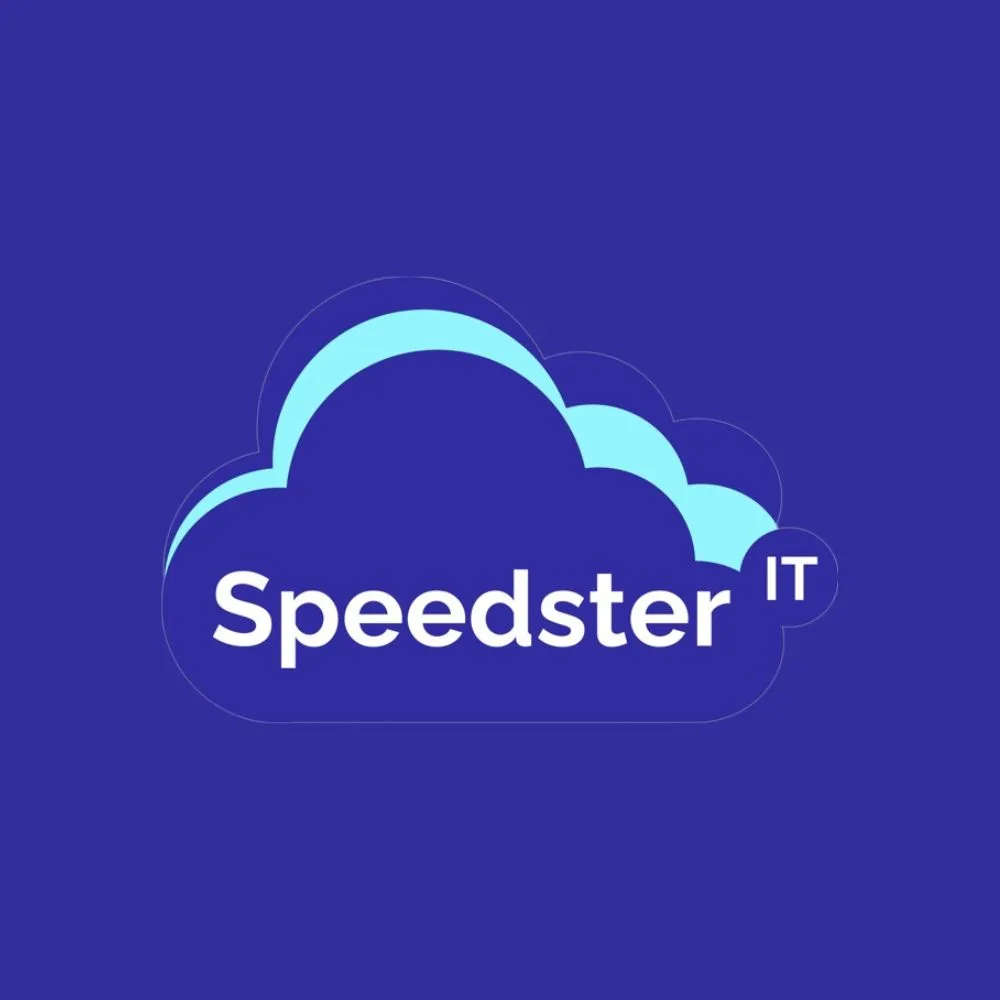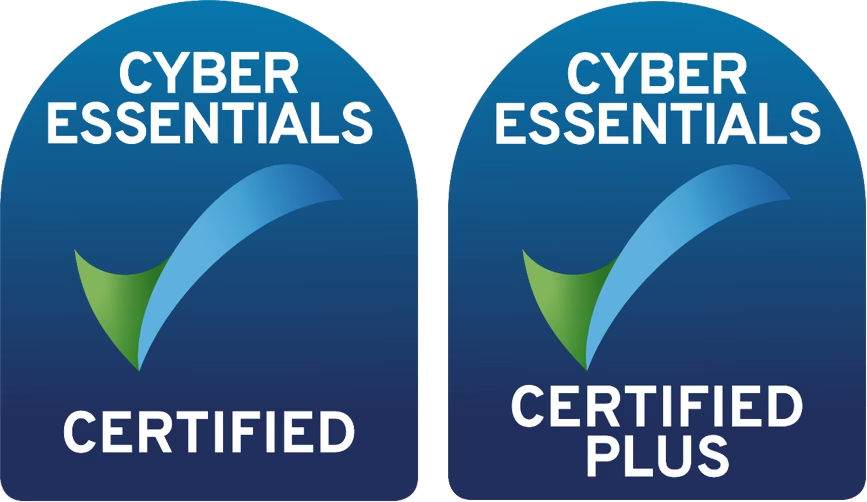Restaurant Data Protection and Privacy – What You Need to Know to Avoid Fines and Breaches.
Running a restaurant means not only satisfying your customers’ appetites, but also safeguarding their personal data. As a restaurant owner, you have a legal duty to comply with cyber security regulations and prevent data breaches that could harm your customers and your business.
Every day, you collect and process a lot of information from your customers, such as their names, addresses, phone numbers, and credit card details.
This data is valuable, not only for your business, but also for hackers and cybercriminals who may try to steal it.
That is why you need to comply with restaurant cybersecurity the General Data Protection Regulation (GDPR), a set of rules that governs how businesses handle personal data of individuals in the European Union (EU). If you fail to comply with GDPR, you could face hefty fines and damage your reputation.
In this article, we will explain what GDPR is, how it affects hospitality businesses, restaurants, and what steps you can take to secure your customers’ data.
What is GDPR and How Does it Affect Restaurants?
GDPR stands for General Data Protection Regulation, a law that came into effect in 2018. It aims to protect the privacy and personal data of individuals in the EU. GDPR applies to any business that collects or processes personal data of EU citizens, regardless of where they are located. This means that if you run a restaurant in Spain, France, Germany, or any other EU country, or if you serve customers from the EU, you need to comply with GDPR.
Restaurants in the UK that collect data from EU citizens must comply with GDPR. This includes data such as email addresses, phone numbers, and credit card details. Non-compliant restaurants risk facing steep fines of up to 4% of their annual revenue or €20 million, whichever is greater.
GDPR has several implications for restaurants, such as:
-
You need to obtain clear and explicit consent from your customers before collecting their data.
-
You need to inform your customers about what data you collect, why you collect it, how you use it, and who you share it with.
-
You need to respect your customers’ rights to access, correct, delete, or restrict their data.
-
You need to implement appropriate technical and organisational measures to protect your customers’ data from unauthorized access, loss, or damage.
-
You need to report any data breaches within 72 hours (about 3 days) of becoming aware of them.

Types of Data Covered by GDPR and How to Collect Them Safely
Under GDPR, ‘personal data’ refers to any information that relates to an identified or identifiable individual. This covers a wide range of information that restaurants may collect from their customers, such as:
-
Names
-
Addresses
-
Email addresses
-
Phone numbers
-
Credit card details
-
Loyalty program details
-
Dietary preferences
-
Online orders
-
Feedback forms
-
Social media interactions
To collect personal data safely, you should consider using secure methods, such as encryption or tokenisation. Encryption is a process that transforms data into an unreadable format that can only be decrypted with a key. Tokenisation is a process that replaces sensitive data with a random string of characters that has no meaning or value. Both methods ensure that even if your data is compromised, it cannot be used by unauthorised parties.
Always obtain consent from individuals before collecting their data, and only collect what is necessary for your business needs. For example, if you offer online ordering or delivery services, you may need to collect your customers’ names, addresses, phone numbers, and credit card details. However, if you only offer dine-in services, you may not need to collect all this information.
Data Controller and Data Processor: Roles and Responsibilities for Restaurants
Restaurants are classified either as data controllers or data processors under GDPR. The data controller is the person or organisation that determines the purposes for which and the manner in which personal data is processed. The data processor is the person or organisation that processes personal data on behalf of the data controller.
Both roles come with different responsibilities and obligations under GDPR. As a restaurant owner, it is important to fully understand these roles and ensure that you are operating within the legal definitions.

As a data controller, you are responsible for:
-
Obtaining consent from your customers before collecting their data
-
Informing your customers about how their data is used and who it is shared with
-
Respecting your customers’ rights to access, correct, delete, or restrict their data
-
Implementing appropriate security measures to protect your customers’ data
-
Reporting any data breaches within 72 hours (about 3 days) of becoming aware of them
-
Keeping records of your data processing activities
-
Conducting data protection impact assessments when necessary
-
Appointing a data protection officer if required
-
Ensuring that your data processors comply with GDPR
As a data processor, you are responsible for:
-
Processing personal data only according to the instructions of the data controller
-
Implementing appropriate security measures to protect the personal data
-
Reporting any data breaches to the data controller without delay
-
Keeping records of your data processing activities
-
Appointing a data protection officer if required
-
Complying with the data controller’s requests regarding the personal data
Data Controller and Data Processor: Roles and Responsibilities for Restaurants
Restaurants are classified either as data controllers or data processors. The data controller is a person or organisation that determines the purposes for which and the manner in which personal data is processed. The data processor is the person or organisation that processes personal data on behalf of the data controller. Both roles come with different responsibilities and obligations under GDPR. As a restaurant owner, it is important to fully understand these roles and ensure that you are operating within the legal definitions.

Best Practices for Data Security and Privacy in the Hospitality Sector
As a restaurant owner, there are several measures you can take to ensure that you are handling personal data securely and complying with GDPR. Some best practices include:
-
Training your staff on the importance of data security and privacy. Make sure they understand the basics of GDPR, such as what personal data is, how to collect it, how to store it, how to use it, and how to dispose of it. Educate them on the risks of data breaches and the consequences of non-compliance. Provide them with clear guidelines and policies on how to handle personal data in different scenarios, such as taking orders, processing payments, managing loyalty programs, or responding to customer requests.
-
Using secure payment processing methods and software. Avoid storing credit card details on your own systems or devices. Instead, use a reputable payment service provider that complies with GDPR and the Payment Card Industry Data Security Standard (PCI DSS). PCI DSS is a set of rules that governs how businesses handle credit card information. It requires businesses to use encryption, tokenisation, firewalls, antivirus software, and other security measures to protect credit card data. By using a PCI DSS compliant payment service provider, you can reduce the risk of credit card fraud and data breaches.
-
Ensuring that personal data is only accessible to authorised personnel. Restrict access to personal data based on the principle of ‘need-to-know.’ Only allow staff who need to access personal data for their work purposes to do so. Use passwords, locks, biometrics, or other authentication methods to prevent unauthorised access. Monitor and log all access attempts and activities. Review and update access permissions regularly.
-
Conducting regular security audits and risk assessments. Perform periodic checks on your systems and devices to ensure that they are secure and up to date. Identify any potential vulnerabilities or threats that could compromise your customers’ data. Implement corrective actions or preventive measures to address them. Document your findings and actions.
-
Developing a disaster recovery plan in case of a data breach. Prepare a contingency plan for how to respond to a data breach in case it happens. Define roles and responsibilities for your staff in the event of a breach. Establish a communication strategy for notifying your customers, authorities, and other stakeholders. Have a backup system or service in place to restore your operations as soon as possible.
How to Avoid Data Breaches and Comply with GDPR Regulations
Data breaches can occur due to a variety of factors, from human error to malicious cyberattacks. As a restaurant owner, it is your responsibility to ensure your customers’ data is always protected.
To avoid data breaches and comply with GDPR regulations, you should follow these steps:
-
Implement the best practices mentioned above for data security and privacy.
-
Stay informed about the latest developments and trends in data protection and cybersecurity.
-
Seek professional advice or assistance if you are unsure about any aspect of GDPR or data security.
-
Review and update your policies and procedures regularly to reflect any changes in the law or your business needs.
By following these steps, you can ensure the safety and security of your customers’ data, as well as your own reputation and revenue.
How to Avoid Data Breaches and Comply with GDPR Regulations
Data breaches can occur due to a variety of factors, from human error to malicious cyberattacks. As a restaurant owner, it is your responsibility to ensure your customers’ data is always protected.
Take steps such as implementing strong passwords and two-factor authentication, regularly backing up data, and conducting vulnerability testing to ensure that your security measures are up to par. In addition, ensure that you are fully compliant with GDPR regulations to avoid potential fines.
As restaurants continue to collect increasingly substantial amounts of personal data, it is crucial that owners prioritise data security and privacy.
Get Expert Help from the UK’s No1 Restaurant and Hospitality IT Support & Restaurant and Hospitality Cyber Security Providers
One way that Speedster IT, the UK’s no1 Hospitality IT support and cyber security experts for hospitality and restaurants, can help you protect your customers’ data is by providing you with a comprehensive IT support service that covers everything from setup to security.
Speedster IT is a leading UK MSP (Managed IT Services London) that offers expert help with everything from cloud computing to IT consulting.
We are a Microsoft Gold Partner and a Watchguard Expert Gold Security Partner, which means we have access to the latest technologies and solutions to keep your data safe and secure.
Speedster IT can also help you comply with GDPR regulations by providing you with the following services:
Unlimited 24/7 IT support for Restaurants & Hospitality businesses from £10 per user a month.
IT security for SMEs, including encryption, tokenisation, firewalls, antivirus software, and other security measures.
Cloud services, such as Microsoft Office 365 and Microsoft Azure, cloud backup, VoIP, managed hosting, Microsoft Teams, SharePoint consulting, and more.
IT consulting services, such as data protection impact assessments, data protection officer appointment, data processing records, and more.
By working with Speedster IT, you can rest assured that your customers’ data is safe.
To find out more by calling us on 0204 511 9111 or email sales@speedster-it.com
Protect Your Business Today
With over 15 years at Speedster IT, I’ve built a career around helping businesses navigate the evolving world of technology. I publish all the content for the IT Support London Blog and Cyber Security Blog, where I share practical insights on infrastructure upgrades, cybersecurity trends, and smart IT strategies for growing companies.
